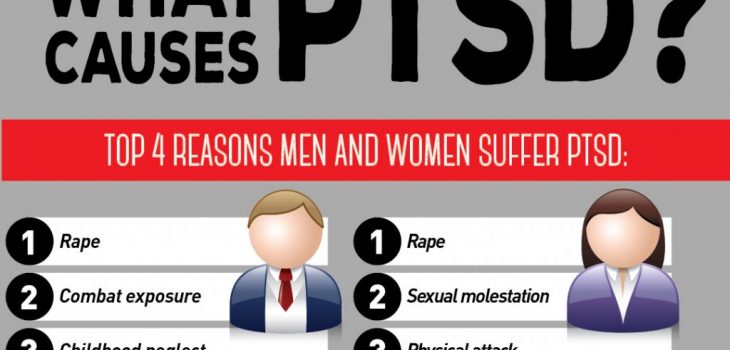
What is (PTSD)
Post-Traumatic Stress Disorder (PTSD) is a mental health condition that is triggered by a terrifying event — either experiencing it or witnessing it. Symptoms may include flashbacks, nightmares and severe anxiety, as well as uncontrollable thoughts about the event.
Most people who go through traumatic events may have temporary difficulty adjusting and coping, but with time and good self-care, they usually get better. If the symptoms get worse, last for months or even years, and interfere with your day-to-day functioning, you may have PTSD.
Getting effective treatment after PTSD symptoms develop can be critical to reduce symptoms and improve functioning.
PTSD symptoms are generally grouped into four types: intrusive memories, avoidance, negative changes in thinking and mood, and changes in physical and emotional reactions. Symptoms can vary over time or vary from person to person.
Having PTSD may also increase your risk of other mental health problems, such as:
- Depression and anxiety
- Issues with drugs or alcohol use
- Eating disorders
- Suicidal thoughts and actions
After a traumatic experience, the mind and the body are in shock. But as you make sense of what happened and process your emotions, you start to come out of it. With PTSD, however, you remain in psychological shock. Your memory of what happened and your feelings about it are disconnected. In order to move on, it’s important to face and feel your memories and emotions safely. This is achieved with the help of a trained professional and early treatment is better.
PTSD symptoms can change and get in the way of your family life.
PTSD can be related to other health problems such as diabetes, autoimmune illnesses, heart disease, migraines and more.
Support and trauma processing is available at house of hope counselling and psychotherapy centre. We use the latest technology such as EMDR , Neurofeedback, expressive art, family and talk therapy to help with your trauma responses holistically.